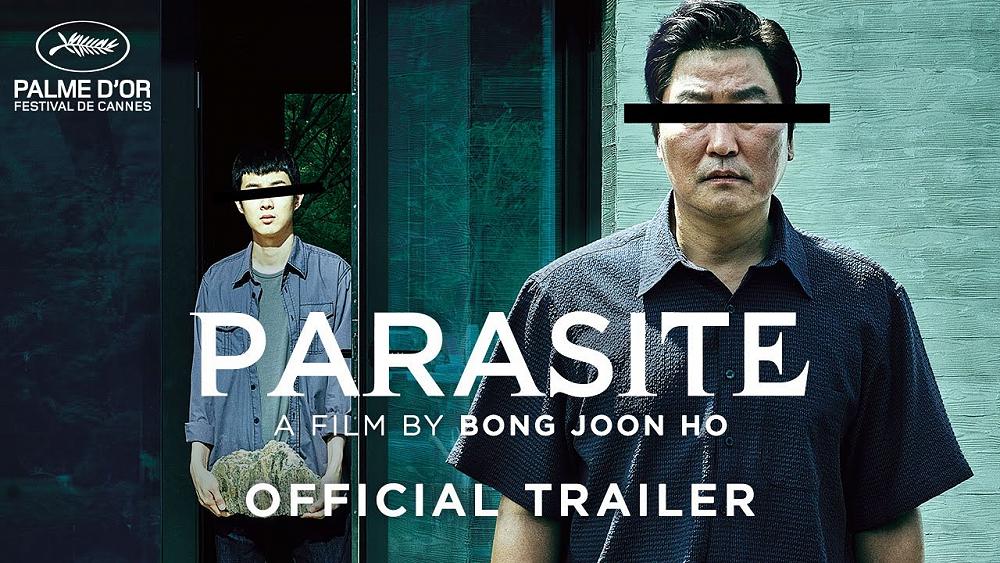Parasite
Directed by Bong Joon-ho. Reviewed by Paul Sorrell
Parasite became a must-see for me after I heard Donald Trump, spouting his crude brand of nationalist rhetoric to a crowd of supporters, castigating the Academy for having the audacity to grant “best picture” to a foreign film in the 2020 Oscars.
The latest offering from South Korean film industry veteran Bong, Parasite is a sharp critique of social relations in 21st-century Korea, but also offers audiences a good deal more to take away from their two hours in the cinema. The title itself gives a clue to the subtle and ambiguous territory that the film traverses.
So, who exactly are the parasites? The upper middle-class Parks, cocooned in their mansion that offers every conceivable convenience, or the Kims, living hand-to-mouth in a vermin-infested, semi-subterranean slum dwelling and who proceed to inveigle their way into the hearts and home of their wealthy neighbours?
This superficial contrast between the two families conceals numerous complexities. Despite their poverty, the Kims are resourceful, clever and socially well connected — advantages which, if put to ends other than deception, might have brought them a comfortable living. On the other hand, things in Korea are perhaps not that simple. As the Kim son remarks, when a chauffeur’s job is advertised, 500 university graduates apply.
For me, the best thing about Parasite is the skillful way in which the characters are created and then played off against one another. The bored and vapid Mrs Park is twinned with her energetic but jaded businessman husband; the family is completed by their two over-indulged children. The Kims by contrast are as cunning as sewer rats and just as hungry for success, yet with a vulnerable humanity always just about to break the surface of their (double) lives.
The Kim son, Ki-woo, stands at the centre of the film; his swap with his suave college friend Min-hyuk as the Park daughter’s tutor sets the action in train, and his aspirations for a better life are explored in the wistful coda. His sister Ki-jung is a talented actress and artist (and forger) — driven into a life of mimicry and fraud in order to achieve success in a society that rewards diplomas and pretty make-up. Their parents are pulled into the deception on their children’s coat-tails, but also perform their parts effortlessly.
Parasite is further complexified by the “genre bending” characteristic of Korean film, swerving between social realism, broad comedy, French farce and horror, capped with an apocalyptic finale. For viewers who prefer their films to come with a consistent tone, this raises problems.
See this film to discomfit Donald Trump, if for no other reason.
Tui Motu Magazine. Issue 247 unpublished April 2020: 29

